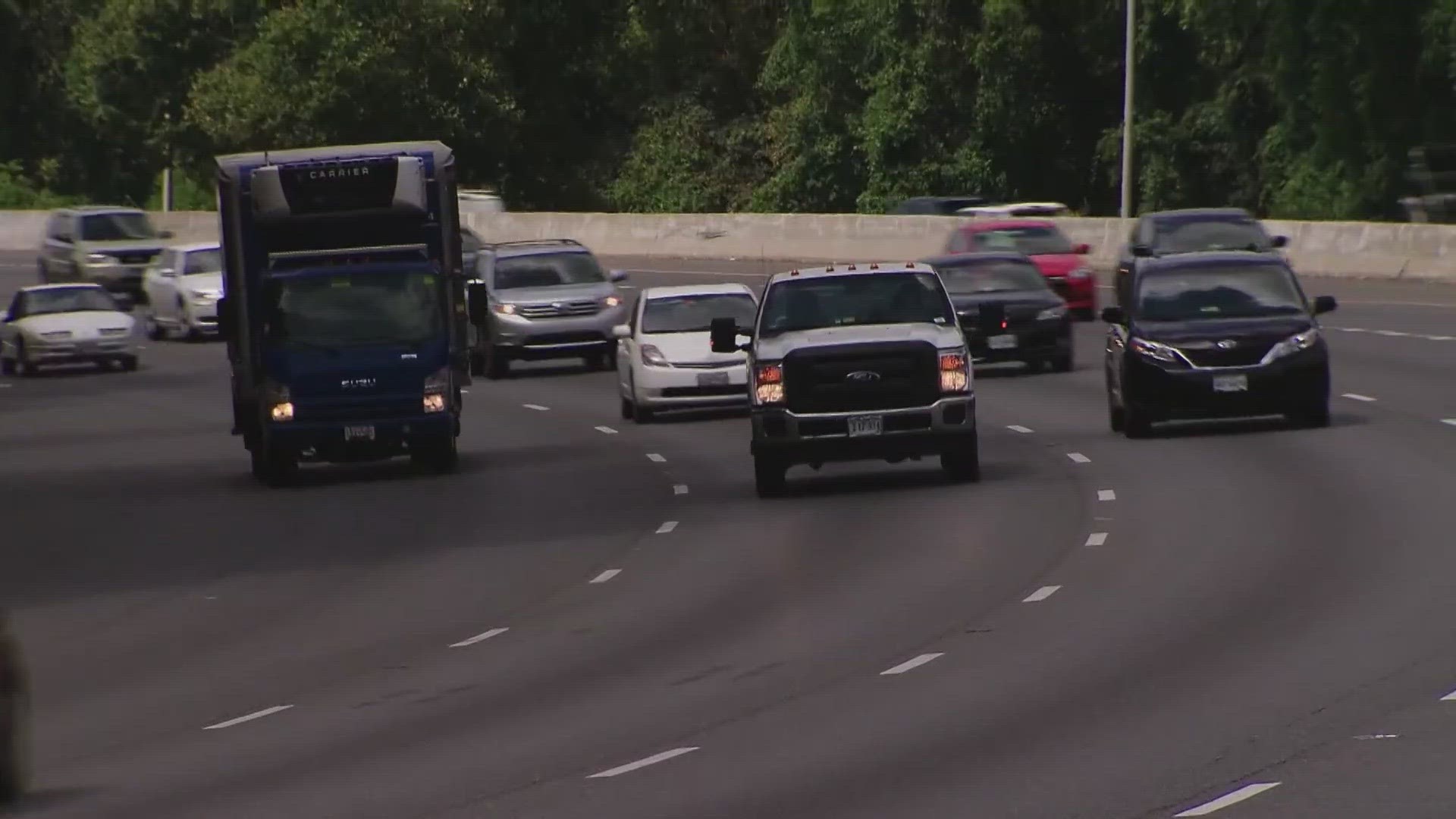CALIFORNIA, USA — A recent Annals of Internal Medicine study looks into a possible connection between traffic and high blood pressure by way of traffic-related air pollution.
Dr. Vanessa Walker D.O., the Chief Medical Executive at Sutter Roseville Medical Center, explains how exposure to air pollution, whether in heavy traffic or through wildfire smoke could impact blood pressure.
She says the big concern is particulate matter, or PM 2.5, the small particles created by brakes or found in exhaust or smog which can cause issues when you inhale them. Wildfire smoke can also contain the tiny particles.
Walker says after someone inhales the particles, they get into the bloodstream.
"Once they're in your bloodstream, they irritate those blood vessels and they cause them to constrict down or get smaller. Just like with plumbing; if you get a pipe that's smaller, the pressure in that pipe is going to go up. That's what's gonna happen to your cardiovascular system, your blood pressure is gonna rise a little bit," said Walker.
She says the effects can be short-term or last for a couple of days depending on the length of exposure to the inhalants. Walker says chronic exposure to these inhalants could lead to a higher risk of high blood pressure, heart disease or stroke.
According to Walker, you should avoid being in heavy smoke or high-traffic zones, if possible.
She says cars are built with filters which can decrease inhalants in your car. At home, especially for people who may have COPD, asthma or heart disease, she recommends having a HEPA filter to decrease particulate matter, especially on bad air quality days.
Watch more on ABC10 | Sacramento light rail closes 2 Folsom stations for upgrades

















